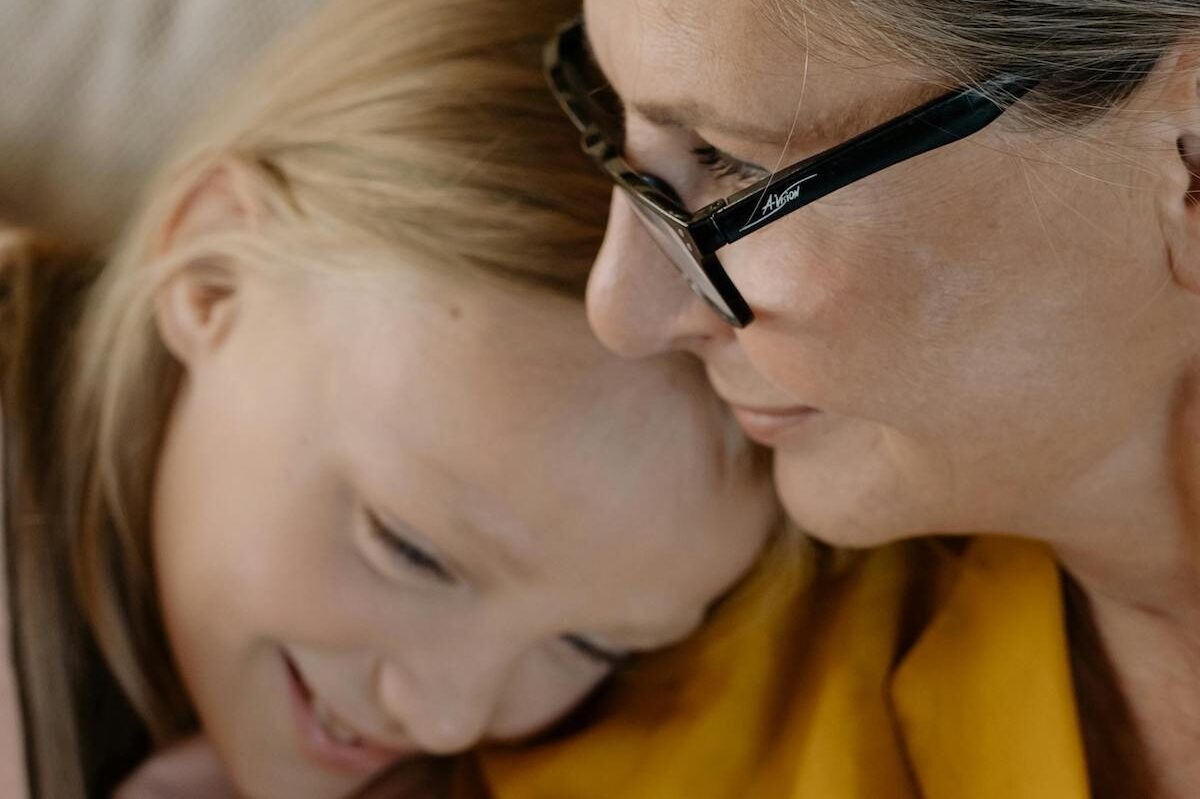Migraines and headaches and perimenopause — they aren’t easily controlled by the usual medications, and made worse by HRT. But lack of HRT means less sleep, and sweating and more headaches! What do studies show, and what do you do with your patients?
—50 years old and grouchy
For many women — including yours truly — headaches are both more frequent and more severe during our 40s and 50s. Often it is the drop in estrogen and progesterone levels just before a period that triggers headaches. In a survey of 1,750 migraine sufferers, 65% reported that hormonal shifts triggered migraines.
But you are not alone! Some women have more headaches on birth control pills and hormone replacement therapy. It is worth distinguishing between headaches that persist month after month and headaches that occur just when starting estrogen. Some women will have headaches just with starting estrogen, but the headaches will subside and then be less frequent with a stable dose of estrogen. For others, headaches will persist. For these women, avoiding hormonal therapy may be best.
Yet, as you point out, you are left with all the other symptoms, which can also be debilitating. You are also left with a real conundrum, because for many women a lack of sleep is a headache trigger as well — nearly 50% of participants in the survey above cited sleep disturbance as a migraine trigger.
One of the things we doctors like about hormone therapy is that it can treat a lot of symptoms with one prescription. It feels efficient — in doctor-speak, elegant. It may be less elegant to treat symptoms individually, but we can often do so very effectively.
For the headaches themselves, reconvene with your doctor. Bring a headache log that includes how often you are having them, a description of the pain, triggers you may have noticed (like weather, foods, dehydration, and lack of sleep). You can ask if a daily preventative medication might be appropriate for you.
As for hot flushes and night sweats (vasomotor symptoms, or VMS), there are non-hormonal options. Several medications are used off-label to treat VMS, including gabapentin, Effexor, and clonidine. There is also a new non-hormonal medication called Veozah to treat VMS (you may have seen the Super Bowl commercial). In clinical trials, Veozah decreased the frequency of VMS by more than 50%. Patients also saw an improvement in sleep quality. Clinical trials suggest very few side effects, and it is considered safe for many women, including those with a history of breast cancer.
All this is to say, even if hormonal therapy isn’t right for you, there are options for treating your symptoms, so definitely talk to your doctor and be honest about what you are experiencing.
Community Guidelines





















Log in